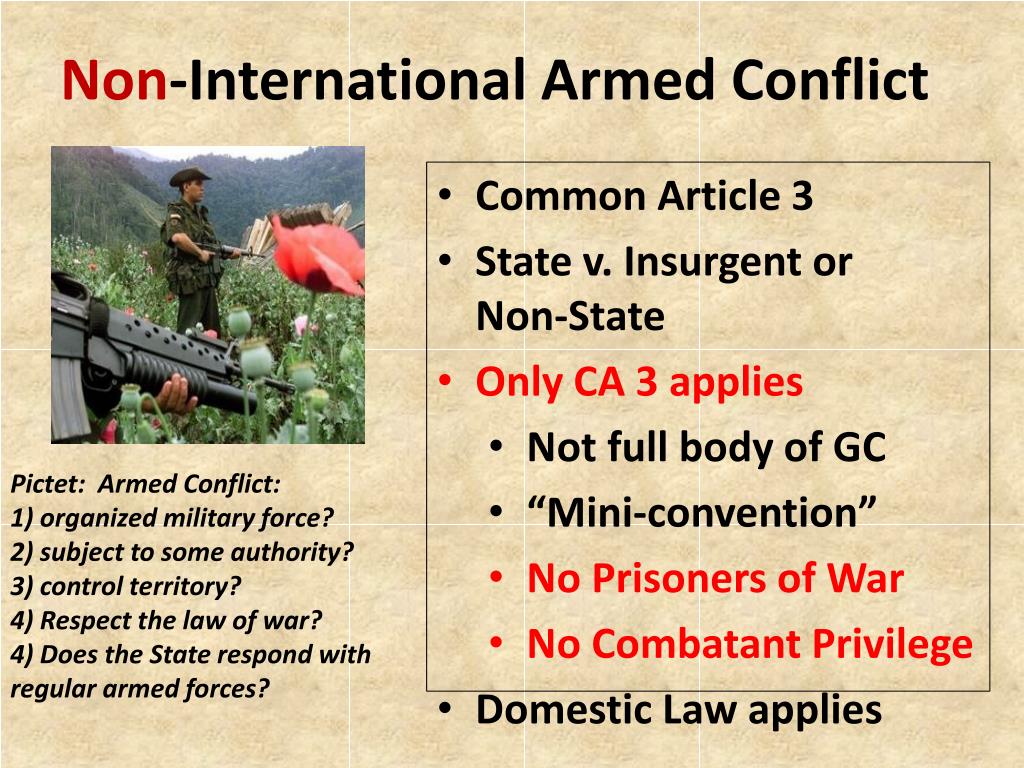
Firstly, it is to present arguments derived from the IHL norms against the existence of an obligation to use the least harmful method against legitimate targets in armed conflicts. Their questionable efficacy and subsidiarity requirement to which they are subjected, as well as their inhumane character prove the reason to dismiss reprisals which characterize the society lacking a centralized coercive order. The ultimate aim of the study is to analyze the inappositeness of reprisals as means of enforcing IHL in the world of today. The research challenges the enforcement of the humanitarian law by way of the practice intrinsically unlawful and which contravenes the raison-d’être of the humanitarian law. The thesis examines reasons behind that inconsistency. The latter law has been growing towards the rejection of defenses of such an inhumane practice of enforcing rules of humanity. Actually, the place of reprisals under the IHL as means of enforcement has increasingly been interpreted differently in modern eye of humanitarian law by international criminal law. This decentralized coercive order through the primitive self-help measures shows that the international law is in statu nascendi. Consequently, some states claim that the prohibition of reprisals against civilians is not part of customary international law and there is a possibility to target enemy civilians despite the requirement of conformity in all cases to the laws of humanity and morality. However, the narrow scope of reprisals resulting from 1974-1977 Conferences has not gained support from major powers of the West.

In 20th century, the need to restrict to only military target the so-called evil of wars against humanity arose and the 1949 Geneva Conventions codified important restrictions that were extended in their 1977 AP I. The thesis seeks to analyze the reason behind the gap between IHL and international criminal law with respect to the traditional and controversial mechanism of enforcing the laws of war: "Belligerent reprisals." Traditionally, the doctrine of belligerent reprisals was the only available and effective mechanism of enforcing the laws of war.


 0 kommentar(er)
0 kommentar(er)
